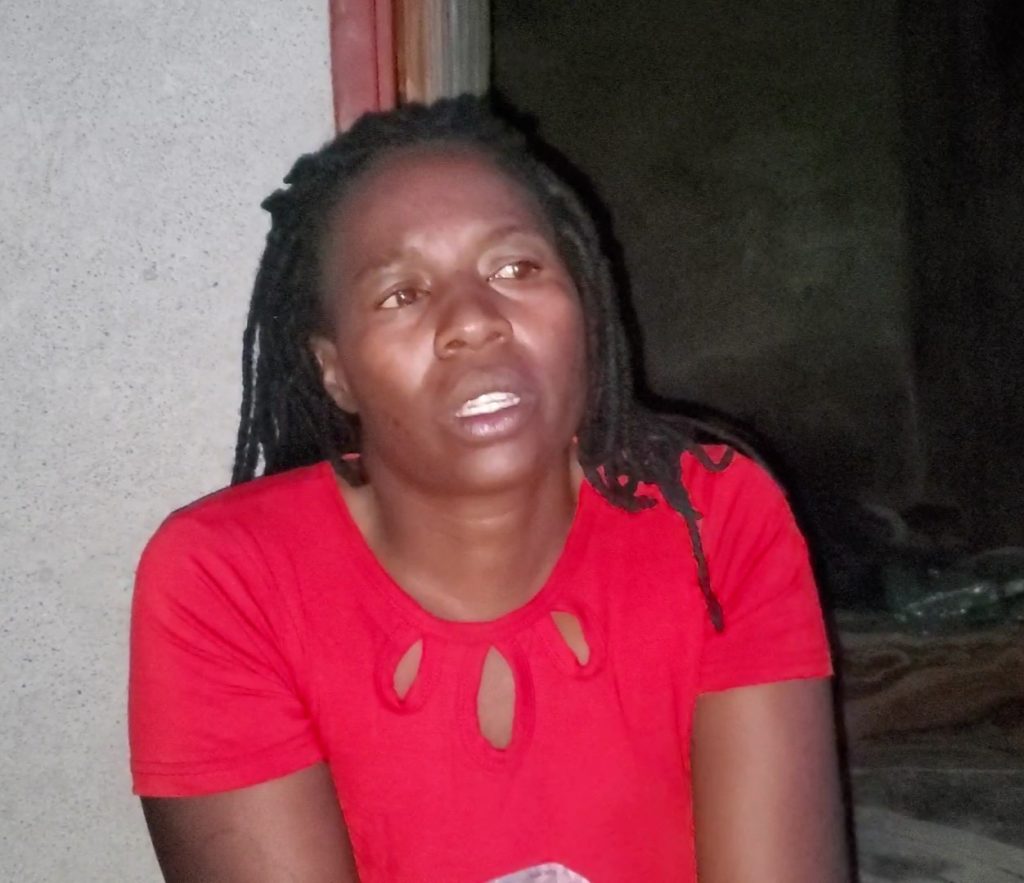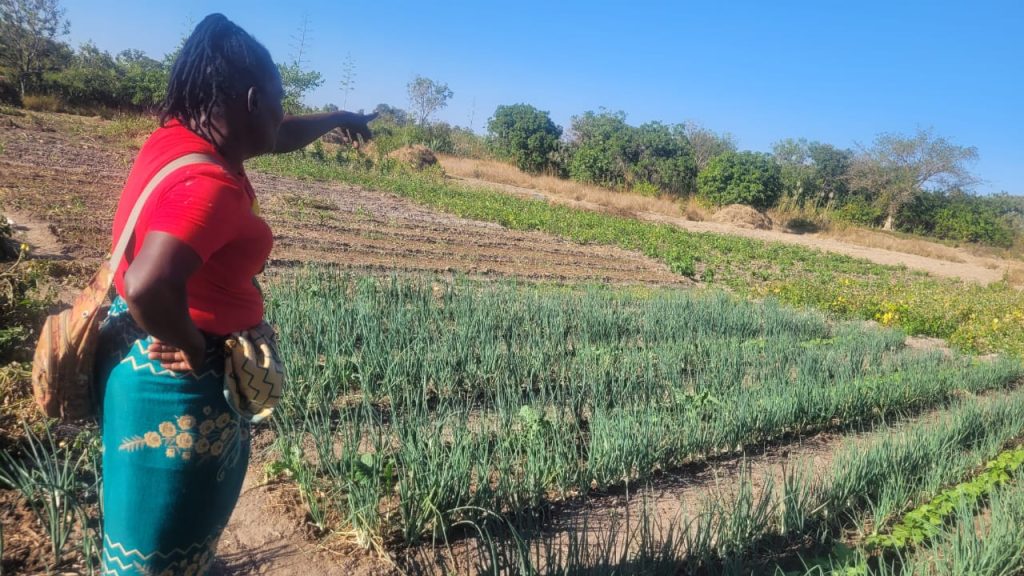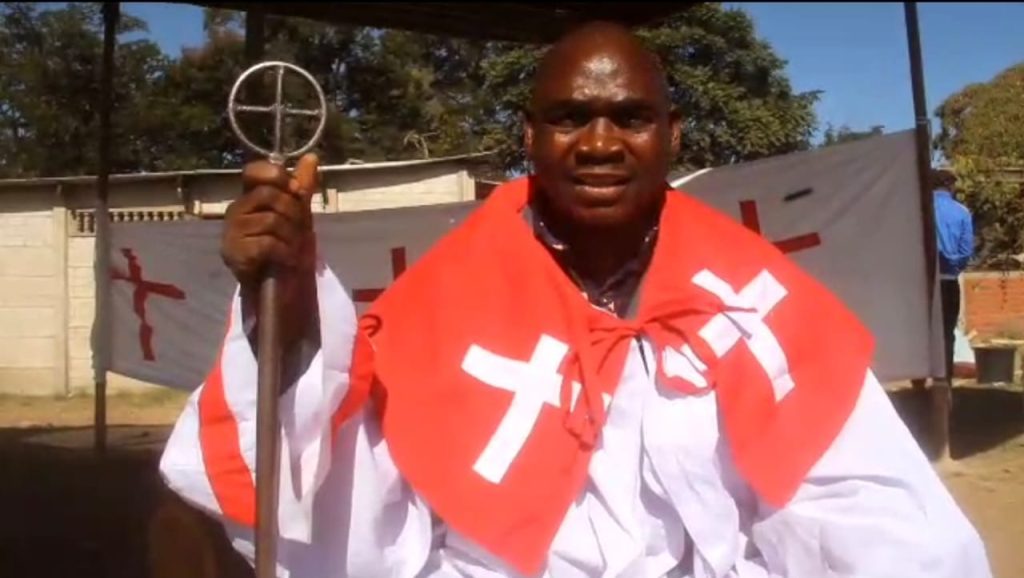DT Correspondent
Springs of Life Zimbabwe (SOLZ), a private voluntary organisation, has taken a bold step by training and appointing sex workers as Community Health Advocates (CHAs) to combat the spread of HIV/AIDS.
This move aims to align with the government’s vision of inclusivity and leaving no-one behind in the fight against the disease.
Ms Precious Msindo, the Programs Director at SOLZ, emphasised the importance of engaging sex workers in the fight against HIV/AIDS.
By including their voices and experiences, Ms Msindo believes that a more comprehensive and inclusive approach can be achieved in community-led monitoring.
“As we work tirelessly to complement Government efforts in the fight against HIV and Aids, we have appointed and trained Community Health Advocates (CHAs) who are sex workers.
“We believe this is essential for a more comprehensive and inclusive approach to our Community-led monitoring,” said Ms Msindo.
According to Msindo, neglecting the participation of sex workers in HIV/AIDS initiatives would put the nation at risk of losing the battle against the disease.
“Including the voices and experiences of those most affected by health issues, we can ensure that our programmes are truly representative and relevant to the needs of the communities we serve.
“We all know sex workers are almost always active sexually and having them aware of the preventative methods, we are assured of winning the war against the once dreaded disease”
SOLZ has already appointed and trained 26 CHAs who are actively working to disseminate HIV/AIDS prevention information, particularly in the hotspots frequented by sex workers in and around Harare.
Beauty Magora, a former sex worker who is now a Community Health Advocate, expressed her support for the initiative, emphasising the importance of having sex workers involved in the fight against HIV/AIDS.
Magora noted that her firsthand experience in the industry allows her to effectively persuade her peers to engage in safe sex practices.
She highlighted that sex workers are now serving as ambassadors, assisting in the distribution of condoms and sharing crucial knowledge related to the subject.

“It is easy for me to convince my fellow sex worker to engage in safe sex practices unlike having someone who is not in the trade to tell us what to do.
“Since the time I got training in HIV/AIDS community advocacy, many sex workers are now even my ambassadors by helping me distribute condoms to different places and at the same time relaying the much-needes knowledge relating to the subject,” said Magora.
The initiative led by SOLZ signifies a significant shift in the approach to HIV/AIDS prevention, recognising the unique role that sex workers can play in reaching vulnerable populations.
By empowering sex workers as advocates, a bridge is formed between the affected communities and the implementation of relevant programs.
This approach ensures that the initiatives are representative of the needs of the communities they serve.
As the CHAs continue their work, there is hope that their efforts will contribute to a reduction in HIV/AIDS transmission rates and the overall improvement of sexual health outcomes.
The involvement of sex workers in the fight against the disease marks a progressive step forward in achieving a more comprehensive and inclusive approach to public health initiatives.





